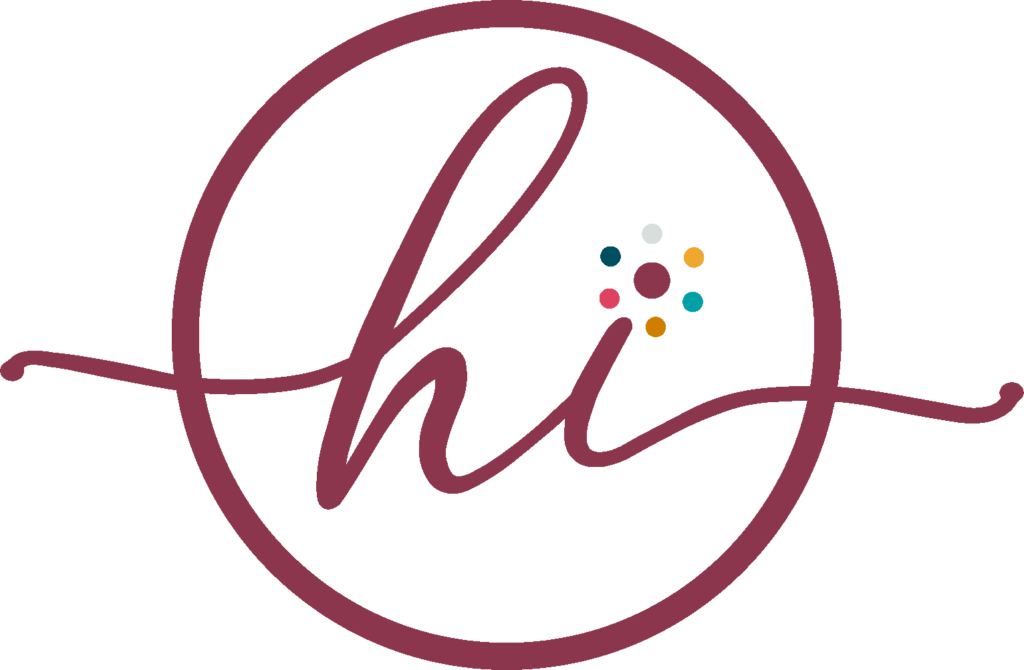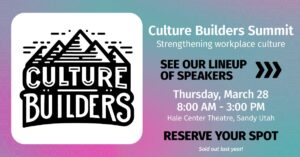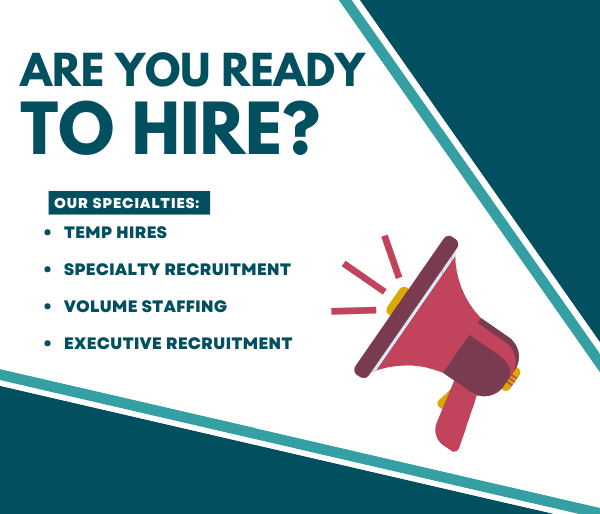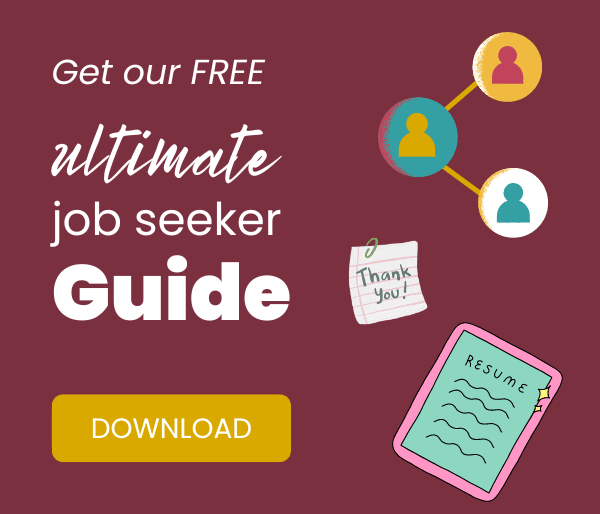
By Jeff J. St Louis
Work And Experience-Related Entry-Level Interview Questions
The following are work and experience-related entry-level interview questions that will help you to be prepared for many different situations:
1. Tell Me About Yourself
The recruiter doesn’t want you to repeat what you have on your resume or what they already know when they ask you to tell them about yourself. But rather, they want to know you as an individual, and how you fit the position based on your personality and accomplishment. As a student, you may want to talk about classes you have taken and how they have prepared you for the position you are interviewing for.
Tell a little bit about how and where you grew up, how this place has inspired you, and what made you choose to study what you have studied or what made you choose this career path.
You may also talk about projects you have completed by highlighting the role you played and how these projects have contributed to building skills that are relevant to the job you want. If you have completed an internship, talk about your role, your contribution to the team, the projects you worked on, and the results.
Try to be a bit brief. Don’t get lost in your story and don’t offer too much [yet].
2. What Are Your Professional Goals?
An entry-level interview question can allow the recruiter to gather data on you as a candidate. Every answer is an important element that you need to be aware of.
To be able to answer this question correctly, you have to be prepared. You should be able to answer this question at any moment because it shows that you are not playing it by ear, but you really know where you want to be as a professional. With that said, your answer should be clear and aligned with your career path.
3. Why Are You Interested In This Position?

Not only is this an entry-level interview question but it is also a question that you may be asked in any job interview. This question allows the hiring manager to know your expectations. So, make sure you state them clearly. So, tell the recruiter why you are interested in the position by answering what’s in it for the company and you.
Consider these questions while answering the above question:
- How do my skills help me make a difference in this company?
- What exactly can my skills do to help the company grow or improve?
- Did you find anything/problem about the company during your research that you can help solve or improve?
- How will this opportunity contribute to your personal and/or professional goals?
- What long-term goals can this position help you reach?
It would be great if you could reflect on each of these questions before the interview.
4. What Do You Know About Our Company?
If you can’t answer this question, the hiring manager may not hire you. Do you know why? Well, isn’t it obvious? Not being able to say what you know about a company that you want to work for means that you are not interested in the company. It means that you are just looking for a place to make money. It may also mean that you will not be a good employee. This can even offend some hiring managers.
A piece of advice: Always research any company you want to work for. Follow them on social media. Never go to a job interview without learning about the company.
Now, you need to answer. Your response should include the most recent things that are happening or just happened in the company. Also, you may want to highlight a piece of the story of the company and explain how it inspires you. THIS, RIGHT THERE IS GOLD!
5. Tell Me In Your Own Words What Success Means To You
The hiring manager is trying to understand what metrics are the most important to you, as well as your ability to define success based on your understanding. Failure to answer this entry-level interview question may mean that you don’t know what to focus on and how to measure your performance as a professional. So, give this question some thoughts while you can.
To answer this question correctly, you have to consider three things: work performance, the metric used to measure performance, and the desired goal.
6. Give Me An Example Of A Time When You Worked On A Team; What Was Your Role?
Before you go to the interview, select the most relevant story you want to tell and practice your answer. Focus on what you have done to improve the teamwork and how your decision-making skills had made a difference. In other words, explain the expectations your boss or team leader had and how you have met them by focusing both on your role and the goal of the team.
7. Describe A Moment When You Had A Disagreement With A Co-Worker On A Project?

This question is assessing your ability to reach for a compromise and put aside any difference of opinion for the sake of the company or the team. When a hiring manager asks you this question, they are not trying to see how good you are at debating. But rather, they want to see if you can control your emotion and be reasonable. In addition, the recruiter wants to know how you handle feedback. Remember, feedback is vital in the workplace. There would be no improvement without feedback from others. Your answer must show your humility, and emphasize your process of receiving and analyzing feedback before accepting or rejecting them.
8. Where Do You See Yourself In Five Years?
When the hiring manager asks you this question, they want you to know what your career plans and goals are, and most importantly, they want to know you are not going to quit after a few months if they hire you. With that said, you want to make sure that the interviewer understands that you are going to stick around. Therefore, you may want to express your desire to still be working for the company, be promoted, and see the growth of the company.
9. What Is Your Greatest Strength, And What Is Your Biggest Weakness?
To help you prepare to answer this question, ask your family, friends, and co-workers what they think is your greatest strength and what your greatest weakness would be. You need to stay away from clichés like, “Too hardworking”, “Perfectionist”, or “Too kind”. But sincerely ask your surroundings what they think are your greatest strength and weakness, and then start paying attention to these things while evaluating yourself in these areas. This can help you know more about yourself and have an idea of what others think about you.
In addition, when answering questions about your strengths and weaknesses, be honest because everybody has flaws and strengths.
10. Why Did You Pick Our Company To Work For?
This is one of the most common entry-level interview questions. If you are not prepared by researching the company, learning about its culture, and how the company’s approach aligns with your career goal, you will not do well in answering this question.
Clearly state the reasons why you have picked this company, and make sure that you include the way your career goals are in-line with their company culture, the position, and career growth opportunities. The more you know about the company and the way they treat their employees the more arguments you will find to support your answer.
11. Describe A Situation In Which Someone Critiqued Your Work; What Was Your Reaction?
As a team member, you need to know how to manage moments of critique. When a recruiter asks you to describe a situation in which a coworker critiqued your work, they want to see how you handle conflict. With that said, do your best to explain the situation, what the critique was, and how you reacted.
12. How Can This Position Contribute To Your Career Goals?
Every job you decide to apply for should contribute to your career goals. When the recruiter or hiring manager asks you how a position is going to contribute to your career goals, they want you to see if you know what you want as a professional and whether you know how to get there. It’s important to show, through your answer, that you are a goal-oriented person. This may help the hiring manager understand that you are not going to jump from one company to another, from one role to another.
Education Related Entry-Level Interview Questions
Below are school and education-related entry-level interview questions to help you know what to expect in an entry-level job interview:
13. How Has Your Educational Background Prepared You For This Position?

This entry-level interview question is mostly for candidates who just graduated college. To do well answering this question, you need to figure out which classes taught you the skills you will need to do the job, and explain that clearly and concisely.
14. How Would Your Past Professors Describe You?
If you are being interviewed for a job right after college, you might be asked to answer this entry-level interview question. No, it’s not too late to ask some of your past professors how they would describe you. If you have already graduated and you don’t have any of your professor’s contact information, reach out to them on LinkedIn. Ask your past professors to describe you in a few words, and then use descriptive words like adjectives to answer this question, and be brief.
15. Tell Me A Little Bit About This Internship You Mentioned in Your Resume
Be prepared to talk about your experience as an intern. When doing so, focus on your role and responsibilities, as well as the results. Practice your story-telling skill so you can tell your story with passion. Moreover, a recommendation letter from your internship supervisor would be of great help in this situation.
To Conclude
You may do well at answering all the entry-level interview questions if you do your homework. Now that you have an idea of what hiring managers are looking for when they ask certain entry-level interview questions, go ahead and prepare yourself. Practice as much as necessary and seek improvement so you can tell compelling stories in your entry-level job interviews. The key thing to understand is the intent behind the interview question. Have Fun!










